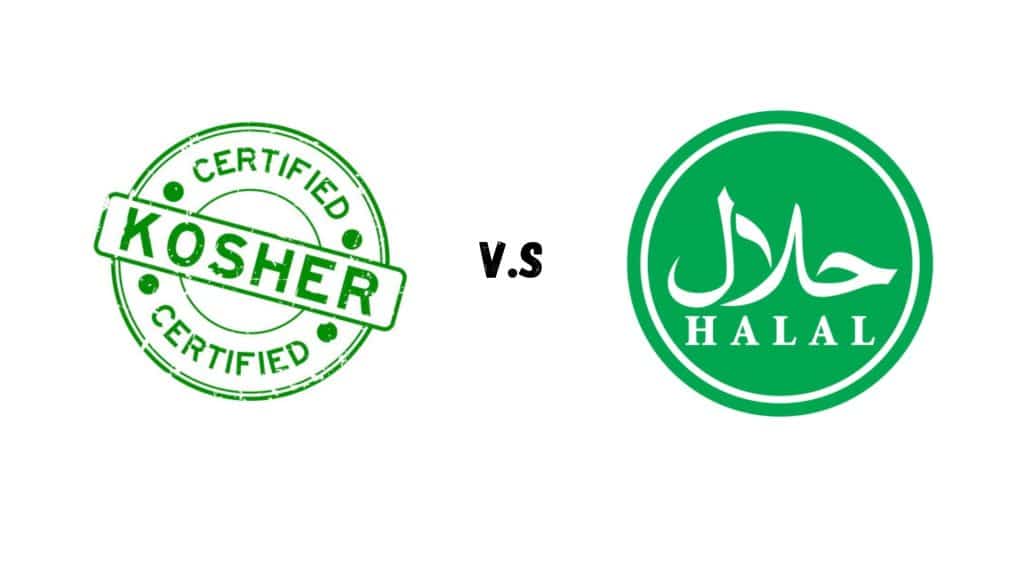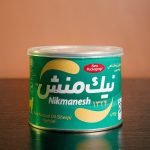Kosher and Halal are terms often associated with food preparation in Jewish and Islamic traditions. For many people, they symbolize not just dietary choices but deep religious beliefs. While both follow strict guidelines for how meat is prepared, there are key differences that make them distinct. Let’s break down what makes Kosher and Halal meat unique, how they are prepared, and why they are important to different communities.
What is Kosher Meat?
Meaning of Kosher
Kosher means “fit” or “proper” according to Jewish dietary laws, known as Kashrut. These laws come from the Torah and detail which foods are allowed for consumption. For meat to be Kosher, it must meet specific religious guidelines and be prepared in a particular way.
Kosher Slaughter Process (Shechita)
Kosher meat is slaughtered through a process called shechita, performed by a trained person called a shochet. The animal’s throat is quickly cut with a sharp knife, and this method is believed to minimize pain. A blessing is usually said before the slaughter to honor the life of the animal.
Kosher Meat Restrictions
Not all animals are considered Kosher. For meat to qualify, it must come from animals that chew their cud and have split hooves, like cows or sheep. Pigs, for example, are not Kosher (source). Another important rule is that the meat must be completely drained of blood before consumption, often by salting the meat.
What is Halal Meat?
Meaning of Halal
Halal means “permissible” in Arabic and refers to what is allowed under Islamic law (Sharia). Halal food follows guidelines set in the Quran, and like Kosher, Halal meat must be prepared in a specific way for Muslims to consume it.
Halal Slaughter Process (Dhabihah)
The slaughter process for Halal meat is called dhabihah. The person performing the slaughter, who must be a practicing Muslim, says a prayer (Bismillah, Allahu Akbar) before quickly cutting the animal’s throat. The focus is on ensuring the animal is treated humanely and that blood is drained from the body.
Halal Meat Restrictions
Like Kosher, certain animals are not Halal, with pork being strictly forbidden. Halal meat also requires that the blood be drained during slaughter, though there is no requirement for additional salting, as with Kosher meat.
Key Differences Between Kosher and Halal Meat
- Slaughter Rituals: Both Kosher and Halal slaughter involve prayers, but the approach is slightly different. In the Kosher process, one blessing covers all the animals slaughtered at one time. In contrast, for Halal, the prayer is said for each individual animal during slaughter.
2. Who Performs the Slaughter: Kosher slaughter must be done by a trained Jewish slaughterer, the shochet, while Halal slaughter can be performed by any practicing Muslim.
3. Blood Removal: While both methods aim to remove as much blood as possible, Kosher goes a step further by requiring that meat be salted to remove any remaining blood. Halal does not require salting, but the blood must drain naturally during the slaughter.
4. Permissible Animals: Both Kosher and Halal avoid pork, but there are differences in other animals. For example, camels are considered Halal but are not Kosher. On the other hand, animals with certain defects can still be Halal but not Kosher, as Kosher requires a thorough inspection of the animal’s internal organs.
Similarities Between Kosher and Halal Meat
- Humane Treatment of Animals: Both Kosher and Halal traditions emphasize minimizing the suffering of the animal. The method of slaughter is designed to be as quick and painless as possible.
2. Religious Blessings: A religious blessing is required before the animal is slaughtered in both Kosher and Halal practices, showing respect and reverence for the life taken.
3. Prohibition on Pork: Pork is strictly forbidden in both Jewish and Islamic dietary laws. This is one of the most well-known similarities between Kosher and Halal diets.
4. Cleanliness and Hygiene: Both Kosher and Halal food practices focus on cleanliness. In addition to the rules surrounding animal slaughter, general hygiene and purity are important in both traditions.
Cultural and Social Considerations
Kosher and Halal meat are not just about following religious laws; they are important cultural markers for Jewish and Muslim communities. These dietary laws help maintain a sense of identity and faith. Today, Kosher and Halal-certified products are widely available and cater to global demand, allowing people from these communities to follow their traditions even in non-religious environments.
In some countries, debates about food labeling and animal welfare have also emerged, especially as people from different backgrounds seek to understand or adapt to Kosher and Halal food practices.
Conclusion
Kosher and Halal meat may seem similar at first glance, but their differences reflect the distinct religious laws they come from. From how the animals are slaughtered to the animals that are allowed, both systems have unique requirements. Still, they share the common goal of respecting the animals and following religious guidelines.
For those who practice these traditions, understanding the differences between Kosher and Halal is essential, and for everyone else, it helps foster respect for the diversity of food practices around the world.
If you’re looking for high-quality Halal meat in Coquitlam, visit Pasargad Super Market. We offer a wide variety of Halal-certified products, ensuring that your dietary preferences are met with care and authenticity.
FAQs
1. What is the difference between Kosher and Halal meat?
Kosher and Halal meat have different rules for slaughter and processing, with variations in prayers, who performs the slaughter, and how blood is removed.
2. Is Halal meat the same as Kosher meat?
No, while they share some similarities, they are not the same. Each follows specific religious laws unique to Judaism or Islam.
3. Can meat be both Halal and Kosher?
No, because the rules and rituals for slaughtering the animal differ between Kosher and Halal.
4. Which is more restrictive, Kosher or Halal meat?
Kosher rules are often seen as more restrictive, especially due to the salting process and inspection of internal organs.
5. Are there animals that are Kosher but not Halal?
Most Kosher animals are Halal, but some, like camels, are Halal but not Kosher.




